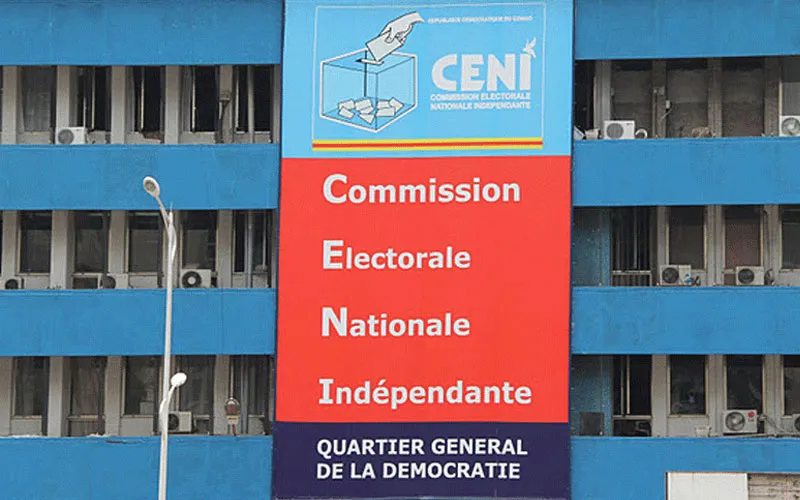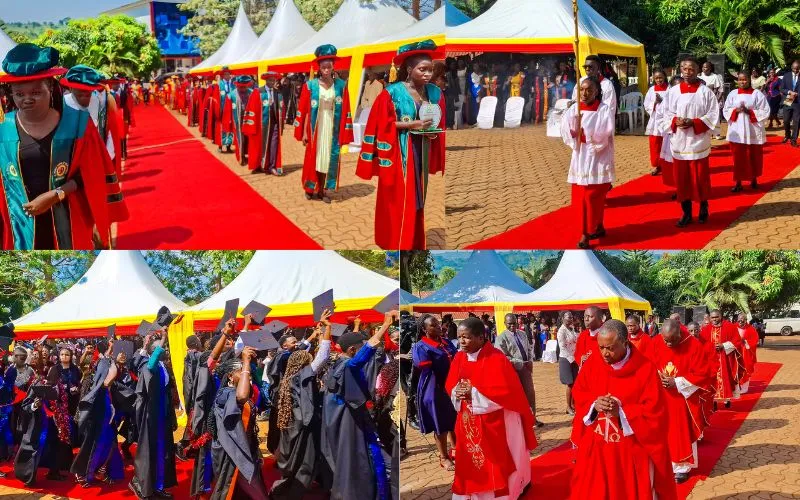Against the backdrop of the Bishops’ message, a section of the Congolese government accused members of CENCO of overstepping their mandate.
In a press release issued March 3, the Congolese Minister for Communication and Media stated that DRC’s Independent National Electoral Commission (CENI) is the only body empowered to organize elections in the Central African nation.
“There are matters that do not fall under the discretionary power of the government or the presidency of the Republic. And therefore, if there are issues related to the organization of elections, the competent authority is the National Independent Electoral Commission,” Jolino Makelele stated.
Mr. Makelele described the message of the members of CENCO as “a gratuitous kick in the anthill, without knowing exactly what it would result be.”
The government Minister, however, sought to clarify, “We do not disapprove of advice from wherever it comes from, as long as it is well-intentioned. And therefore, all these matters should not, from our point of view, be the subject of any kind of controversy that could hinder the good relations that should exist between a citizen organization like CENCO and the government, and even the presidency of the Republic.”
(Story continues below)
In his March 18 address to journalists, Fr. Nshole noted that “CENCO members only made a simple reminder of some provisions of articles 70, 103, 105, 197 and 198 of the Constitution of the DRC, which determine the duration and the number of terms of office of the President of the Republic, Members of Parliament, of the Senators, Regional delegates as well as of the Governors and Vice-Governors.”
On March 20, religious leaders in DRC met with the Speaker of the National Assembly, Christophe Mboso, to discuss the electoral process.
The members of the platform of religious denominations urged DRC’s members of parliament to accelerate the process of appointing CENI members saying, “There is something important that must be done in the logic of the commitment already made by the Parliament to finalize this work, namely, the urgent consideration of the proposed Lutundula law on the organization of the CENI.”
The religious leaders added, “It is a proposal that has regularly followed the procedure and has already been passed by the government. All that remains is the debate. Logically, if there is really good faith, we can settle this in less than a month by both Chambers.”
Jude Atemanke is a Cameroonian journalist with a passion for Catholic Church communication. He holds a Bachelor’s Degree in Journalism and Mass Communication from the University of Buea in Cameroon. Currently, Jude serves as a journalist for ACI Africa.








